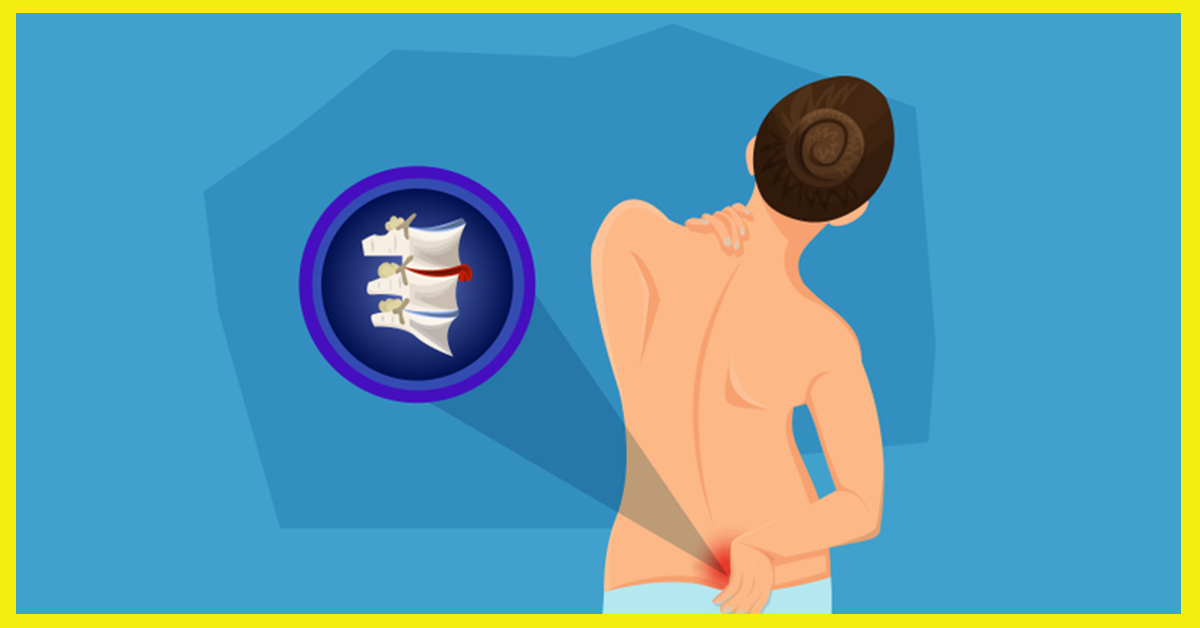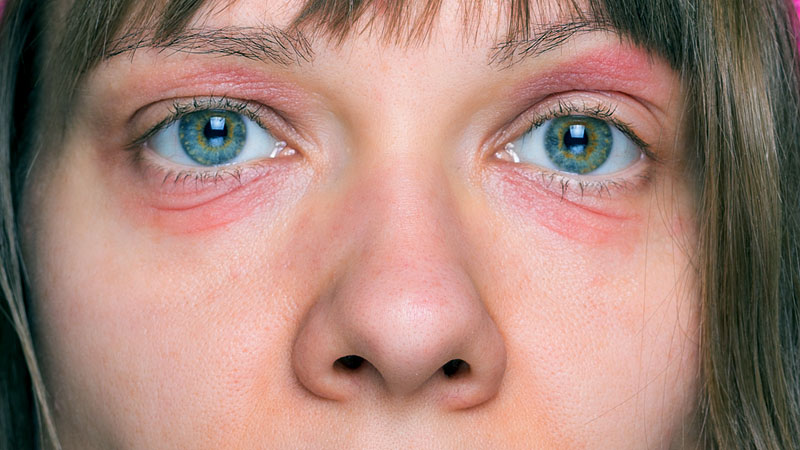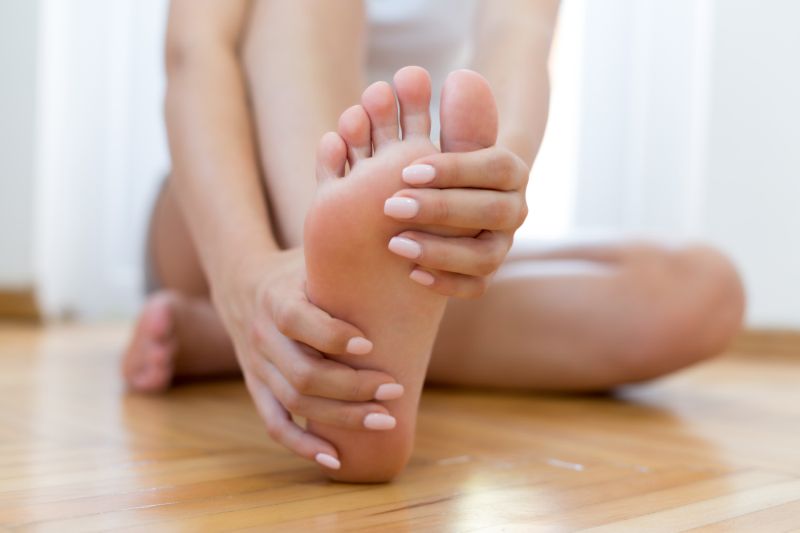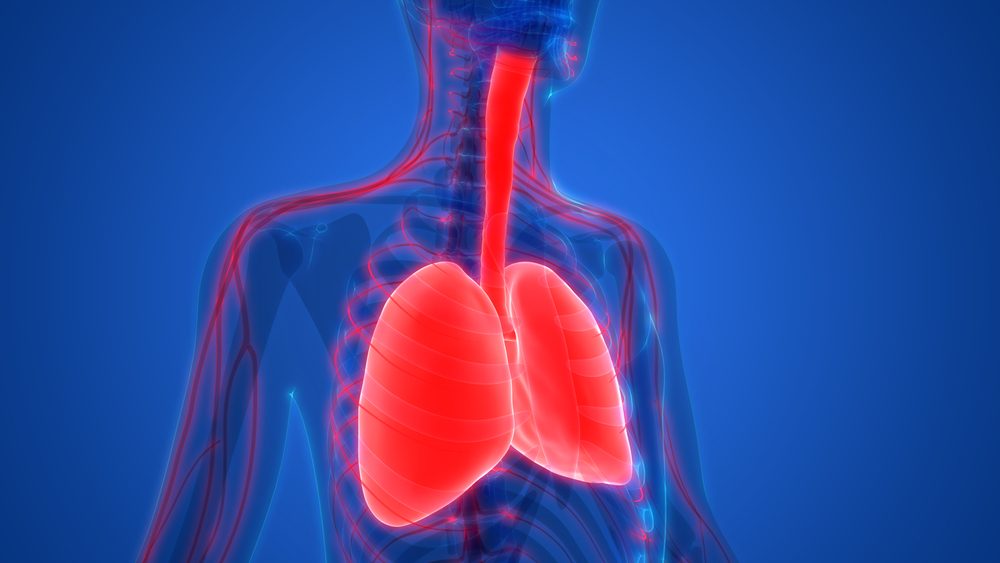Our body does a lot while our mind collects the data. Having a busy life can make it difficult to see the warning signs coming from the body for kidney symptoms . The consequences of not listening to these signs given by our body can be disastrous.
How many signs did you notice?
1. Your Pattern of Urinating Changes
Your kidney is responsible for producing urine and disposing of waste. Do not ignore the changes in color, smell and appearance of urine in general. These changes are:
Foam urine. This indicates a lot of protein in the urine.
Blood in the urine. The active kidney must be excreted from your blood to produce urine. The blood cells infiltrate into the urine once the sieve is destroyed, resulting in an increase in the number of CPCs.
Excessive urination, especially at night. It is normal to urinate at least four to ten times a day. Something outside of this abnormal. /medstarhealth.org
2. Back Pains

You may experience severe back pain just below the rib cage as a result of kidney dysfunction. You can feel this pain in the groin or in the groin area. Kidney cysts are large renal cysts filled with water that cause pain in the legs and back and are the result of kidney disease called polycystic.
Understand that the symptoms of back pain resulting from kidney failure are an increase in body temperature, a feeling of sickness, excessive urination and vomiting. The usual back pain is not characterized by fever, occurs unexpectedly and is localized. Consult your doctor if the pain persists and you are not taking any medications. /medshadow.org
3. Increase in Blood Pressure

The kidneys and the circulatory system need each other to function. Your kidney is made up of tiny nephrons that secrete excess fluid and are lost in the blood. The nephrons that filter the blood will not receive the proper nutrients and oxygen when the blood vessels are destroyed. This is why high blood pressure.
To avoid kidney problems, try to properly control your blood pressure. Eat foods containing enough folic acid, which results in red blood cells in the body and average anemia. /medstarhealth.org
4. Swollen Eyes

The presence of protein in the urine is one of the first signs of a bad kidney filtration system, which can cause swelling of the parts around the eyes. Swollen eyes are the result of too much protein getting into your urine through the kidneys, instead of keeping them moving around your body.
Make an appointment with your doctor if your eyes are still swollen, even if they are comfortable and contain a lot of protein in the body. /medstarhealth.org
5. Swollen Feet, Hands, and Ankles

The excess fluid is not absorbed by the damaged kidneys and because of this sodium remains in the body, resulting in swelling of the hands, feet and ankles. It can also be a symptom of venous, heart or liver problems.
Tell her that sometimes all you need to do to stop swelling is to reduce your salt intake, remove a lot of fluid from the body and take certain medications. If this does not work, contact your doctor. /nephcure.org
6. Breathing Problems

Shortness of breath after doing little or nothing and kidney disease is associated with two things. When the kidneys are not working well, more fluid passes from the body to the lungs. Finally, the body lacks oxygen because of anemia, which causes respiratory problems.
Many things cause respiratory problems, such as heart failure, asthma, kidney failure or lung cancer. Make sure to see your doctor as soon as you notice that you can not breathe well without doing anything hard. /medstarhealth.org
7. Bitter Taste in the Mouth and Smelling Breath

There is this bitter taste in your mouth even after eating because of the accumulation of waste in your blood. When your bloodstream is full of many toxins and is contaminated, it can produce a breathing smell. This can also lead to weight loss due to loss of appetite.
There are many reasons why a food is able to taste bitterness in your mouth, poor oral hygiene, an allergy or something, if the cause is mentioned above, it should not pose problem if properly handled. If this continues, you should consult your doctor. /nephcure.org
8. When your Skin is Dry and it Itches

When your kidneys are healthy, your body contains the correct number of minerals, red blood cells and wastes are produced and a large amount of fluid is removed from the blood. The inability of our kidneys to maintain a sufficient number of nutrients and minerals that can lead to kidney and bone diseases is the cause of dry skin and itching.
Know that it is always good to hydrate if your skin is irritated and dry. Be sure to consult your doctor before taking any medicine that prevents itching. Some of these drugs contain certain elements that can destroy the kidneys. /medstarhealth.org
9. Overall Weakness, Headaches, and Tiredness

Erythropoietin (EPO) is a hormone produced as a result of converting vitamin D into our body to maintain strong bones that result from a holistic and healthy functioning. The production of red blood cells is the result of this hormone. They generate little EPO as a result of kidney dysfunction. Your brain and muscles weaken because of the small number of red blood cells (cells that supply oxygen to the body).
You should know that anemia occurs in many people with long-term renal failure. Anemia can begin to develop when only twenty or fifty percent of your kidneys work. You need to see a doctor if you sleep well and you always feel tired and stressed easily. /thekidneycare.com
10. Difficulty in Sleeping

The toxins remain in the bloodstream because they do not leave the body through the urine, which affects the functioning of your kidneys. You may find it difficult to sleep because of the large amount of toxins in your body. The risks of kidney failure increase when you are not sleeping well.
You should also know that sleep apnea is a disorder that affects many people with severe kidney disease and relates to breathing periods during sleep. Some of these breaks may continue to breathe for a few seconds or minutes. Normal breathing resumes after a pause with a big sniff. Snoring deeply all the time is a sign that you need to see a doctor. /nephcure.org







